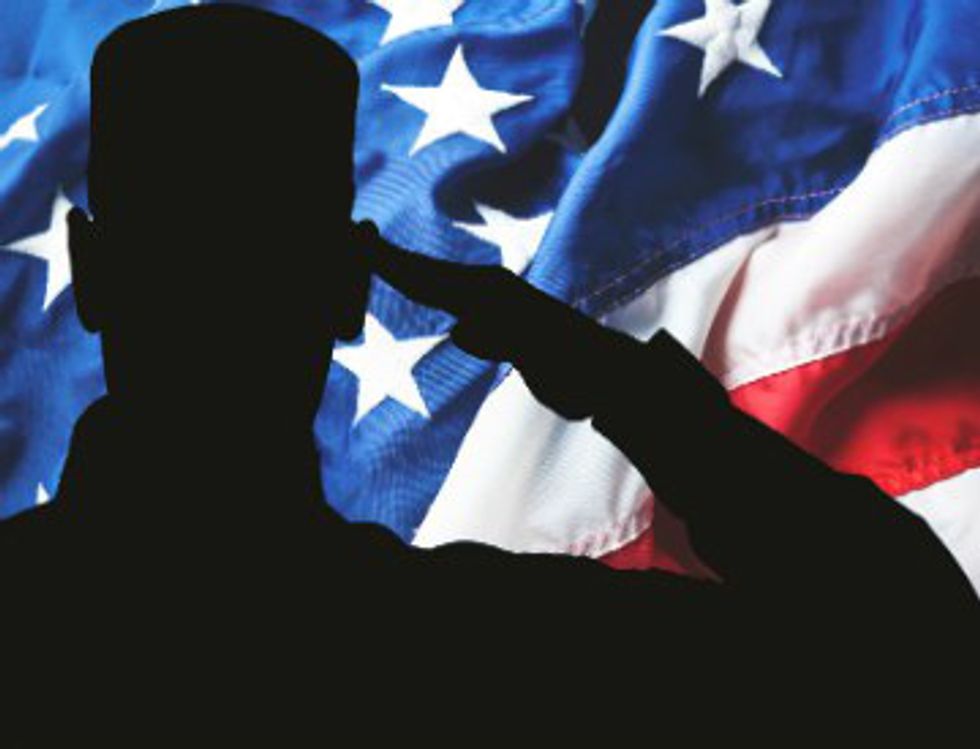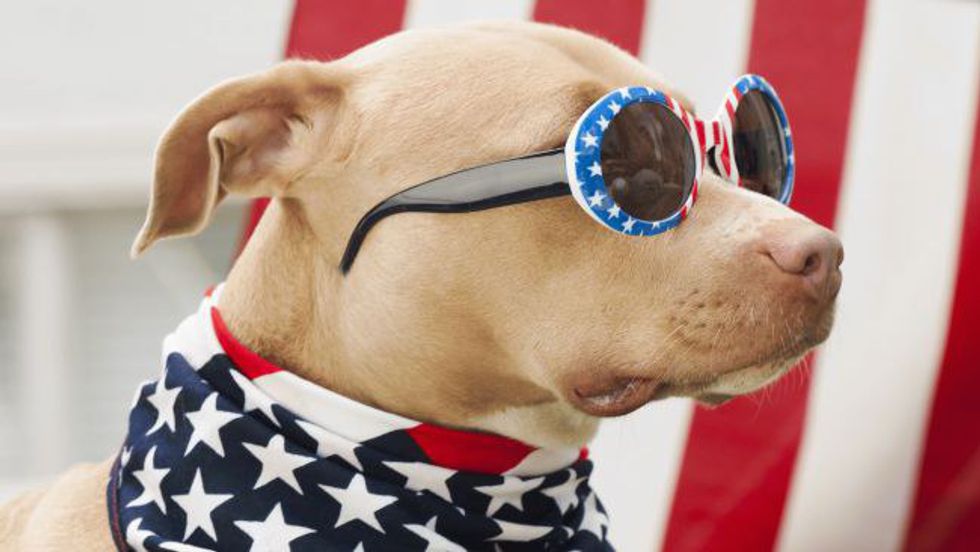For many of us, the Fourth of July is a very fun and exciting holiday. I think it's best described using four "F's"- food, family, fun, and fireworks. While it's important that we don't forget our country's history while we're off celebrating, it's also very important that our celebrations don't disrespect others, especially those who fought for our freedoms in the first place. In recent years, the use of fireworks has gone through the roof, and their usage seems to no longer be reserved for just one day. Last year, I had the pleasure of having neighbors who felt it was appropriate to shoot off fireworks from mid/late June until mid-July, regardless of what hour of the night it was. Whether you're shooting off fireworks in July or January, you should think twice before doing so, for a number of reasons.
It's well-known that many Veterans suffer from Post-Traumatic Stress Disorder, or PTSD. In fact, as reported by 12 News Now, almost 31 percent of Vietnam War Veterans suffer from PTSD. ABC News also reports that about 30 percent of the more than 800,000 men and women from wars in Afghanistan and Iraq being treated at veterans clinics and hospitals have been diagnosed with PTSD. While fireworks full of big booms may seem fun and exciting to non-Veterans, they can have a serious negative effect on those who have served. One big boom can take them right back to the battlefield. Not all fireworks have the same effect, however. According to Dr. John E. Mundt, a clinical psychologist at the Jesse Brown VA Medical Center in Chicago, "Most vets [I know] tend to be bothered less by the large firework displays, the colorful starbursts that are accompanied by patriotic music and 'oohs' and 'ahhs' by a crowd. The bigger problem is all the smaller fireworks that start getting used weeks ahead of July 4th and continue getting used for weeks after the holiday sometimes."
Beyond our Veterans, fireworks have an impact on animals, too. West Sound Wildlife Shelter reports that fireworks can cause fear, stress and anxiety in animals, often leading them into roads. When that happens, there's more vehicle damage and dead animals. Birds can become disoriented, causing them to leave their young behind or fly into buildings, windows, and other dangerous obstacles. Some fireworks also give off fumes that not only harm the animals that ingest them, but the environment as well.
That doesn't mean you have to give up all fireworks, though. Instead of shooting off small, loud, personal fireworks, celebrate with your community instead. If a large display isn't happening in your area, try to stick to quieter fireworks, such as fountains, smoke bombs, and the traditional sparkler. Be careful when you set them off, too--10 p.m. is a much better time than 3 a.m., when it would be more out of the ordinary. Fireworks going off at unexpected times is more likely to sound like an attack, so it can be more triggering. As for wildlife, wait until after dusk to set off fireworks. By that time, many animals will have finished feeding and will have left the area. Make sure to remove bird feeders and bird baths hours before lighting fireworks; this will help keep birds out of the area, and will keep firework residue from contaminating the birds' food and water. Don't set off fireworks near trees, bushes, or other places where wildlife might be living. Lastly, make sure to promptly clean up, as many leftover debris can contain harmful toxins that animals might ingest.
I always found it rather ironic that we celebrate our independence with the same thing used to achieve it--explosives. Either way, stay safe, adhere to local laws, and respect your neighbors this holiday season. May we remember both why we celebrate and those who gave us the right to do so.























